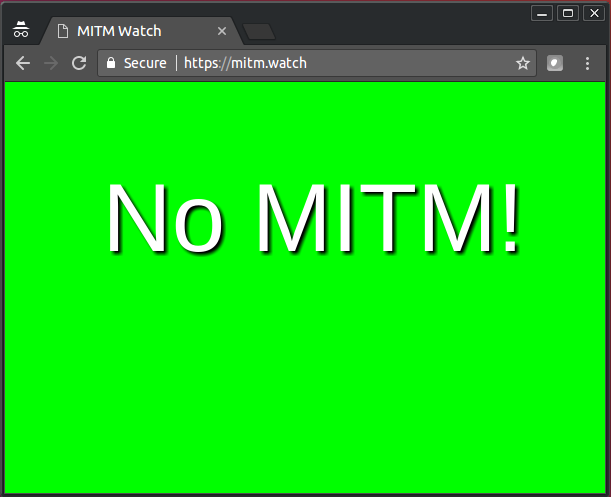Posted by Virus Bulletin on Sep 20, 2017
 Activity monitoring by security products in general, and HTTPS traffic inspection in particular, are sensitive issues in the security community. There is a time and a place for them, VB's Martijn Grooten argues, but only when they are done right.
Activity monitoring by security products in general, and HTTPS traffic inspection in particular, are sensitive issues in the security community. There is a time and a place for them, VB's Martijn Grooten argues, but only when they are done right.
Posted by Martijn Grooten on Sep 19, 2017
 We preview the VB2017 paper by Fortinet researcher Axelle Apvrille, in which she looks at some less obvious tools for reverse engineering Android malware.
We preview the VB2017 paper by Fortinet researcher Axelle Apvrille, in which she looks at some less obvious tools for reverse engineering Android malware.
Posted by Martijn Grooten on Sep 18, 2017
Researchers from Cisco Talos have found that a recent version of the widely used CCleaner tool installed malware on the machine.
Read morePosted by Virus Bulletin on Sep 15, 2017
Though ransomware is far more profitable than using a compromised PC to mine bitcoins, the global distribution of malware means that there are many botnets for which mining is the most efficient way to extract money out of a PC.
Read morePosted by Martijn Grooten on Sep 14, 2017
 We preview the VB2017 paper by Julia Karpin and Anna Dorfman (F5 networks), in which they present a tool to decrypt encrypted parts of malware.
We preview the VB2017 paper by Julia Karpin and Anna Dorfman (F5 networks), in which they present a tool to decrypt encrypted parts of malware.
Posted by Martijn Grooten on Sep 13, 2017
 We preview the VB2017 paper by Marco Romagna and Niek Jan van den Hout (The Hague University of Applied Sciences), in which they thoroughly analyse the motivations and modus operandy of hacktivists.
We preview the VB2017 paper by Marco Romagna and Niek Jan van den Hout (The Hague University of Applied Sciences), in which they thoroughly analyse the motivations and modus operandy of hacktivists.
Posted by Martijn Grooten on Sep 13, 2017
Proof-of-concepts for bypasses of security products always sound scary, but how seriously should we take them? VB Editor Martijn Grooten lists three questions one should ask about any such bypass to determine how serious a threat it represents.
Read morePosted by Martijn Grooten on Sep 12, 2017
 Today, we announce two more 'Small Talks' for the VB2017 programme. In one of them, Neil Schwarzman will discuss the consequences of the GDPR for WHOIS and abuse research, while the other will be hosted by three members of EICAR, who will discuss its work on a trustworthiness strategy and minimum standard.
Today, we announce two more 'Small Talks' for the VB2017 programme. In one of them, Neil Schwarzman will discuss the consequences of the GDPR for WHOIS and abuse research, while the other will be hosted by three members of EICAR, who will discuss its work on a trustworthiness strategy and minimum standard.
Posted by Martijn Grooten on Sep 11, 2017
 From attacks on Ukraine's power grid to web shells, and from car hacking to ransomware: we announce the first nine 'last-minute' papers on the VB2017 programme.
From attacks on Ukraine's power grid to web shells, and from car hacking to ransomware: we announce the first nine 'last-minute' papers on the VB2017 programme.
Posted by Martijn Grooten on Sep 5, 2017
A lot of vulnerabilities that are discovered are never exploited in the wild. It is still important to patch them though.
Read more